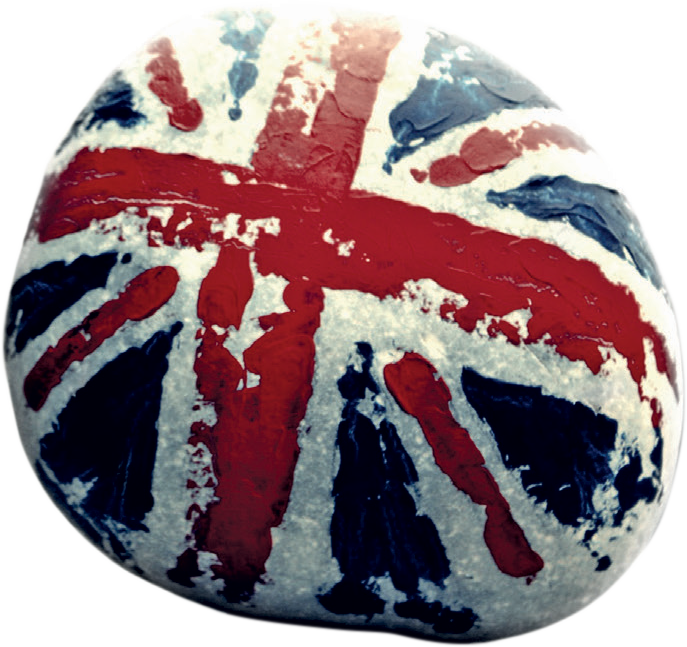
Mothering Sunday began as a religious occasion in the 16th Century when people returned to their ‘mother church’ for a special service held on the fourth Sunday of Lent. They were said to have gone ‘a-mothering’. Children often picked wildflowers along the way, either to place in the church or give to their mothers. Later, domestic servants were given the day off to visit their own families as well as their mother church. It was often the only time families could be together due to conflicting working hours.
Despite its long existence in British culture, Mothering Sunday fell out of fashion around the start of the 20th Century. Constance Penswick-Smith, a vicar’s daughter, worked hard to rekindle interest, founding the ‘Society for the Observance of Mothering Sunday’ in 1914 and even writing a book called ‘The Revival of Mothering Sunday’ in 1921. The fading festival was restored with more focus on celebrating motherhood. Constance was inspired by an American influence – ‘Mother’s Day’ is technically an unrelated American event, invented by a woman called Anna Jarvis in 1908. Her initial inspiration was a desire to honour her own mother, who had been a militant peace activist during the US Civil War. Her formal ‘Mother’s Day’ for all American mothers was made official in 1914 by US President Woodrow Wilson.

The traditions of Mothering Sunday, still practised by the Churches of England and Ireland, were merged with the newly imported traditions and celebrated in the wider Catholic and secular society. UK-based merchants saw the commercial opportunity, relentlessly promoting it, so by the 1950s, it was celebrated across the UK. Anna Jarvis herself was the first person to condemn the growing commercialisation of Mother’s Day as early as the 1920’s and started organising boycotts of the event she herself created. She was particularly appalled by ready-made Mother’s Day cards!
Often regarded as an Easter-related confection, Simnel Cake, is also linked to Mothering Sunday when the austerity of Lent is temporarily put aside to celebrate the reuniting of families. Around 1600, a different kind of pastry was preferred – ‘Mothering Sunday Buns’ – sweet buns topped with pink or white icing and multi-coloured sprinkles.
Paula Williams, Founder of BRITISH design BRITISH made, 64 High Street, Battle, TN33 0AG, helping you to buy British. What you buy here will not have arrived from far flung places or travelled thousands of miles by air and sea. We use 100% renewable electricity, every drop made from British sun, wind and rain. We aim to re-use or recycle at least 90% supplier packaging to reduce landfill. We seek out and promote products that are made with sustainable or recycled materials.


